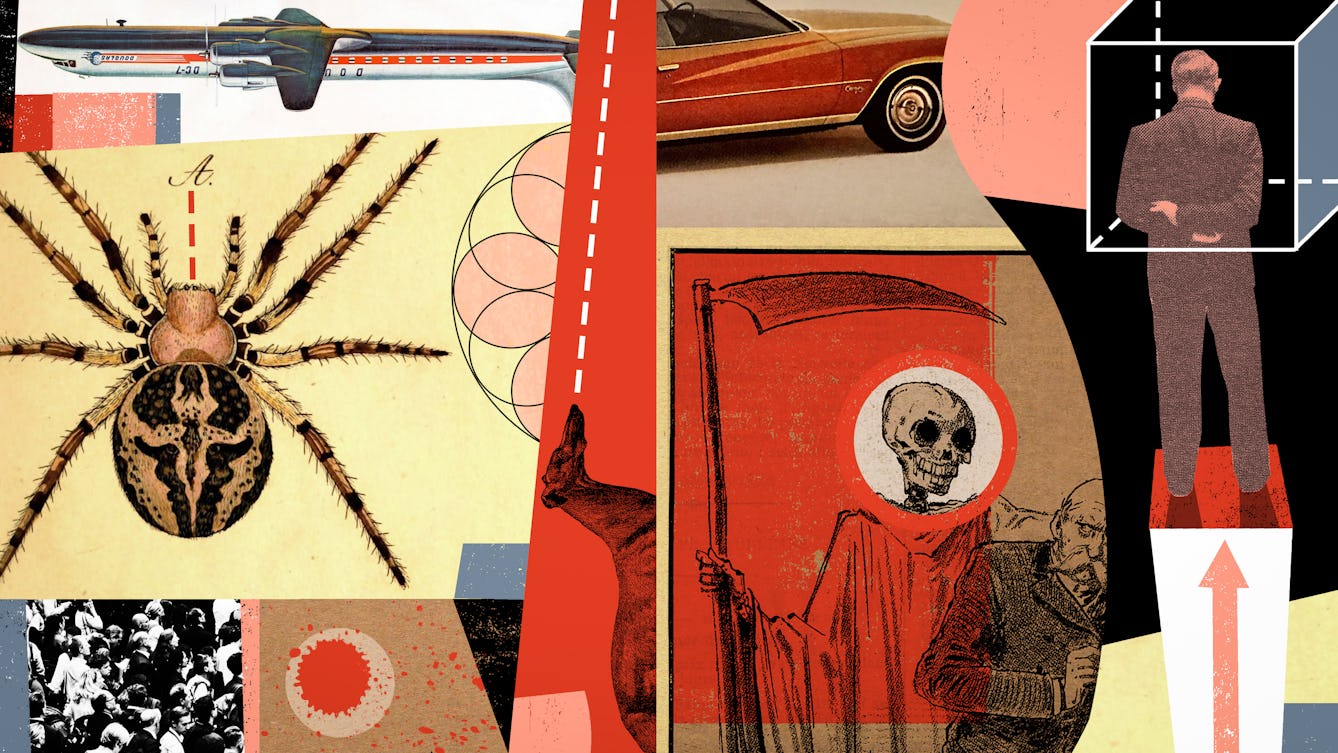
- Book extract
- Book extract
Tracing the roots of our fears and fixations
Kate Summerscale explores the history of our anxieties and compulsions, and the new phobias and manias that are always emerging.
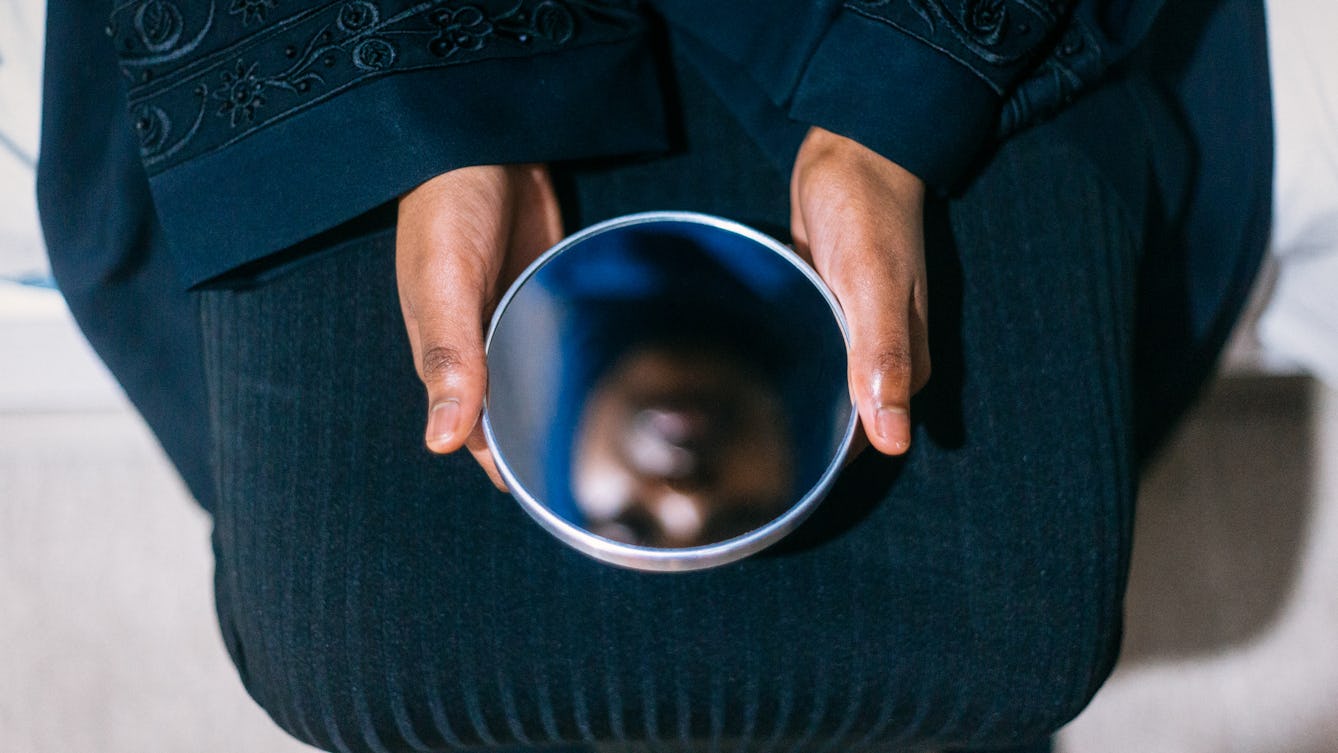
- Article
- Article
Colonialism and the origins of skin bleaching
The widespread practice of skin bleaching was heavily influenced by the Western colonisation and slavery of African and South Asian countries. Ngunan Adamu explores this toxic history.
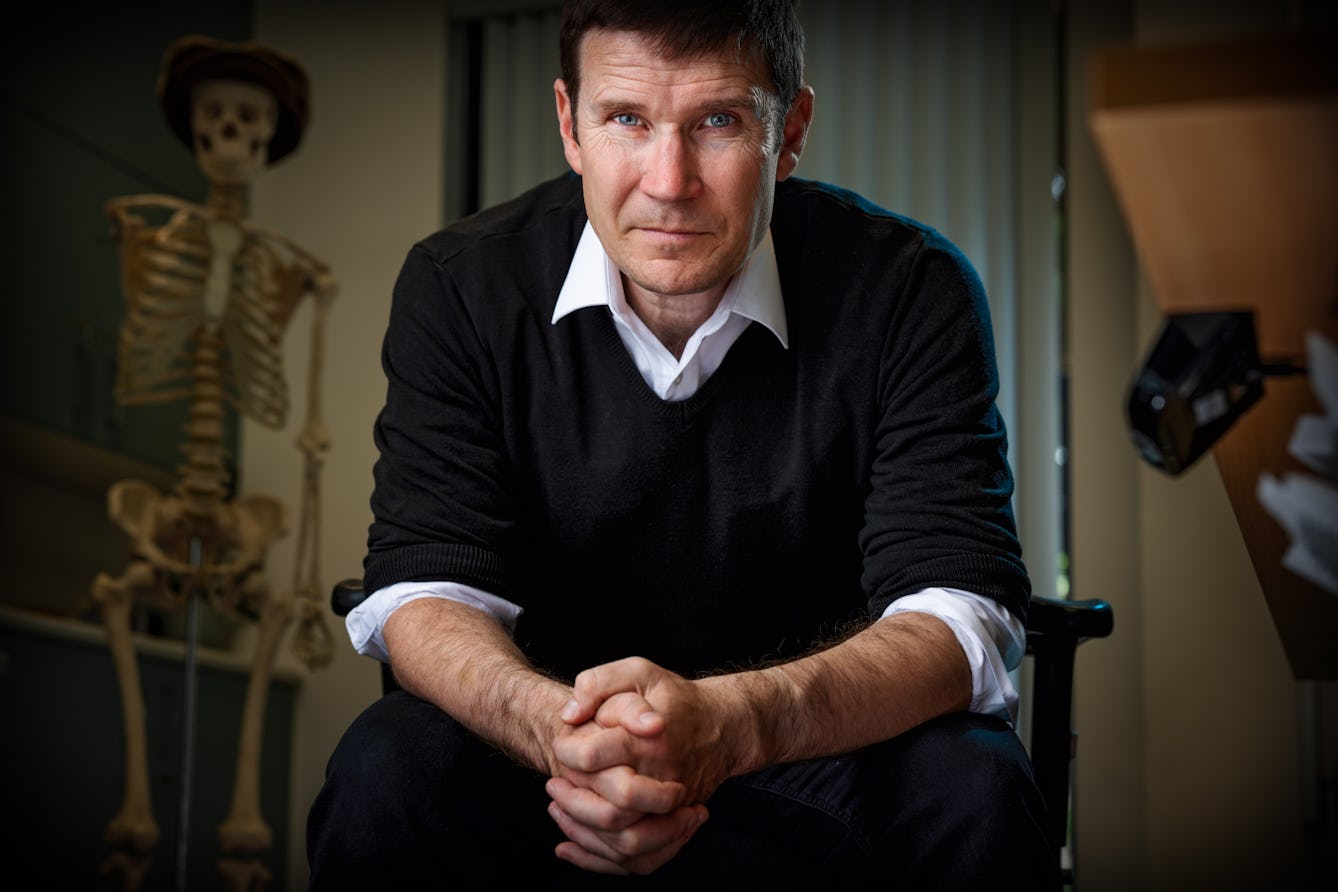
- Book extract
- Book extract
Why the NHS is worth saving
In this extract from his latest book, ‘Free For All’, Dr Gavin Francis poses challenging questions to be addressed if a health service that’s free for all at the point of use is to remain possible.
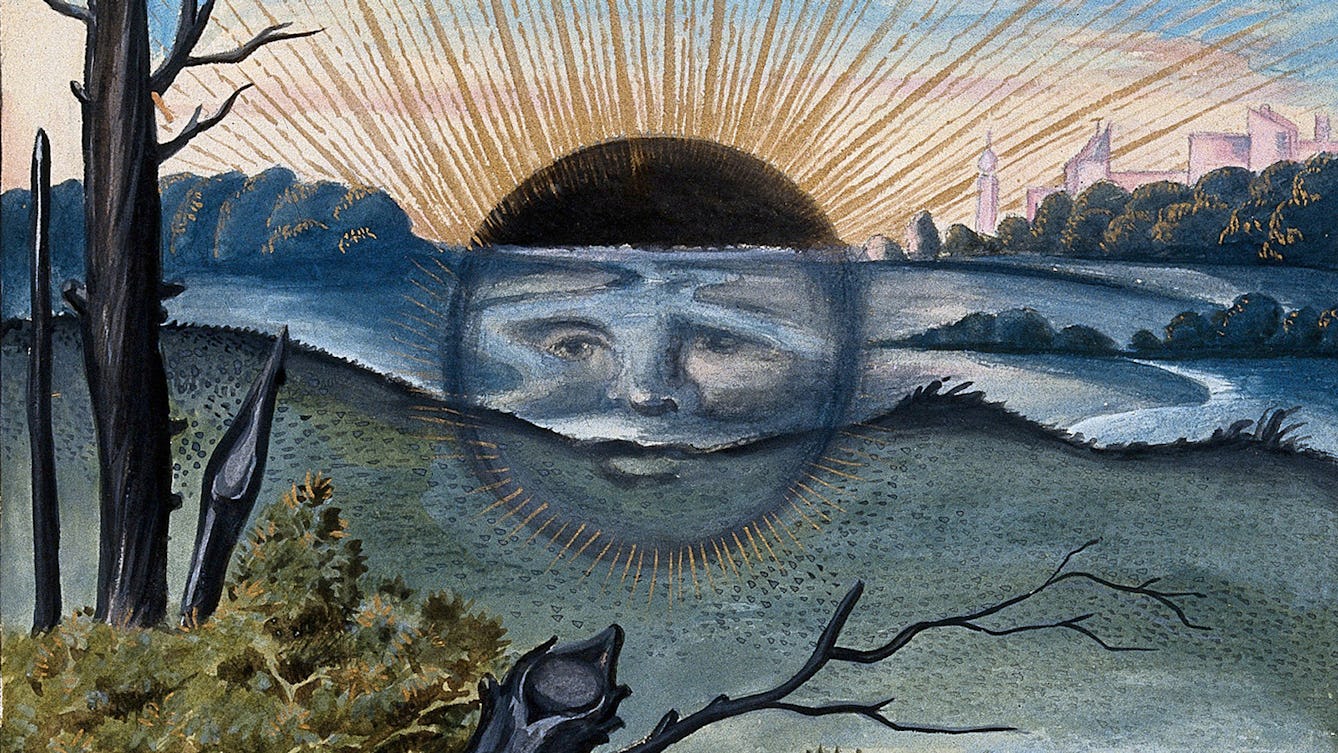
- Book extract
- Book extract
Winter blues and the story of SAD
In ‘Chasing the Sun‘ Linda Geddes reveals why for some people, winter is literally depressing, showing how we first came to recognise seasonal affective disorder (SAD).

- Article
- Article
WhatsApp aunties and the spread of fake news
The advantages of WhatApp chat groups – especially as a cost-free way of keeping in touch with family around the world – make them fertile ground for the spread of bogus medical advice. Writer Rianna Walcott explores how to encourage ‘aunties’ in the community to question the truth of unattributed health hoaxes.
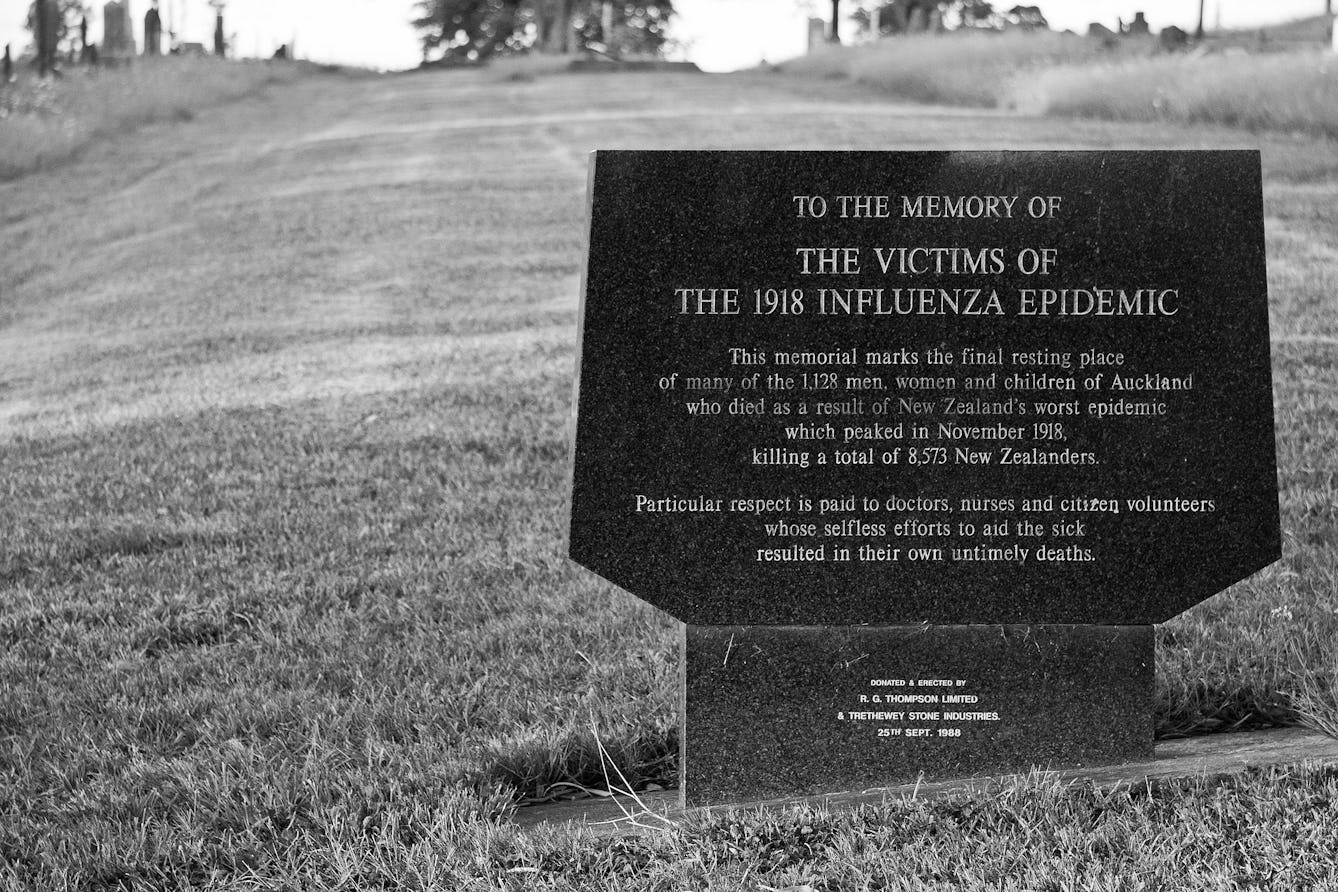
- Article
- Article
Why the 1918 Spanish flu defied both memory and imagination
The Black Death, AIDS and Ebola outbreaks are part of our collective cultural memory, but the Spanish flu outbreak has not been.

- Article
- Article
The healing power of the physic garden
Having experienced the healing power of plants and gardens, Iona Glen goes in search of present-day “physic gardens” and their origins in history.
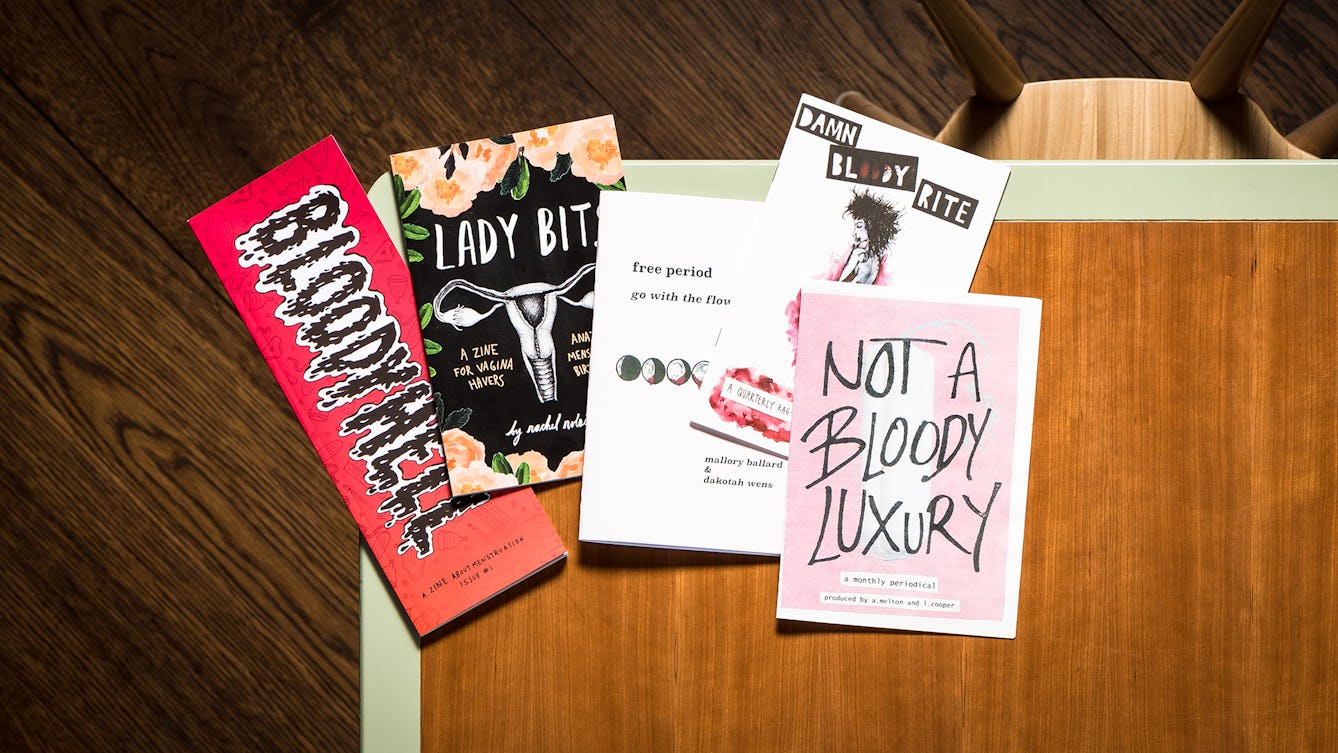
- Article
- Article
Rag mags and monthly issues: Five period zines to stop you seeing red
Using humour, personal experience and political activism to explore the bloody reality of menstruation.

- Book extract
- Book extract
Ayurveda: Knowledge for long life
The story of medicine in India is rich and complex. Aarathi Prasad investigates how it came to be this way.

- Article
- Article
Providing care across languages
When medics are taught in English but their patients speak other languages, effective communication becomes fraught. Niyoshi Shah explores the linguistic gaps between patient and doctor.

- Article
- Article
How Indigenous insight inspires sustainable science
The forest of the Amazon Basin is inextricably bound up with the lives of the Indigenous peoples living there. Find out how they feel about the forest, use what it provides, and try to protect it from aggressive commercial exploitation.

- Long read
- Long read
Healthy scepticism
Healthcare sceptics – like those opposed to Covid-19 vaccinations – often have serious, nuanced reasons for doubting medical authorities.

- Book extract
- Book extract
The 200-year search for normal people
Sarah Chaney poses the question we’ve likely all asked at some point in our lives: 'Am I normal?’, and explores whether normality even exists.
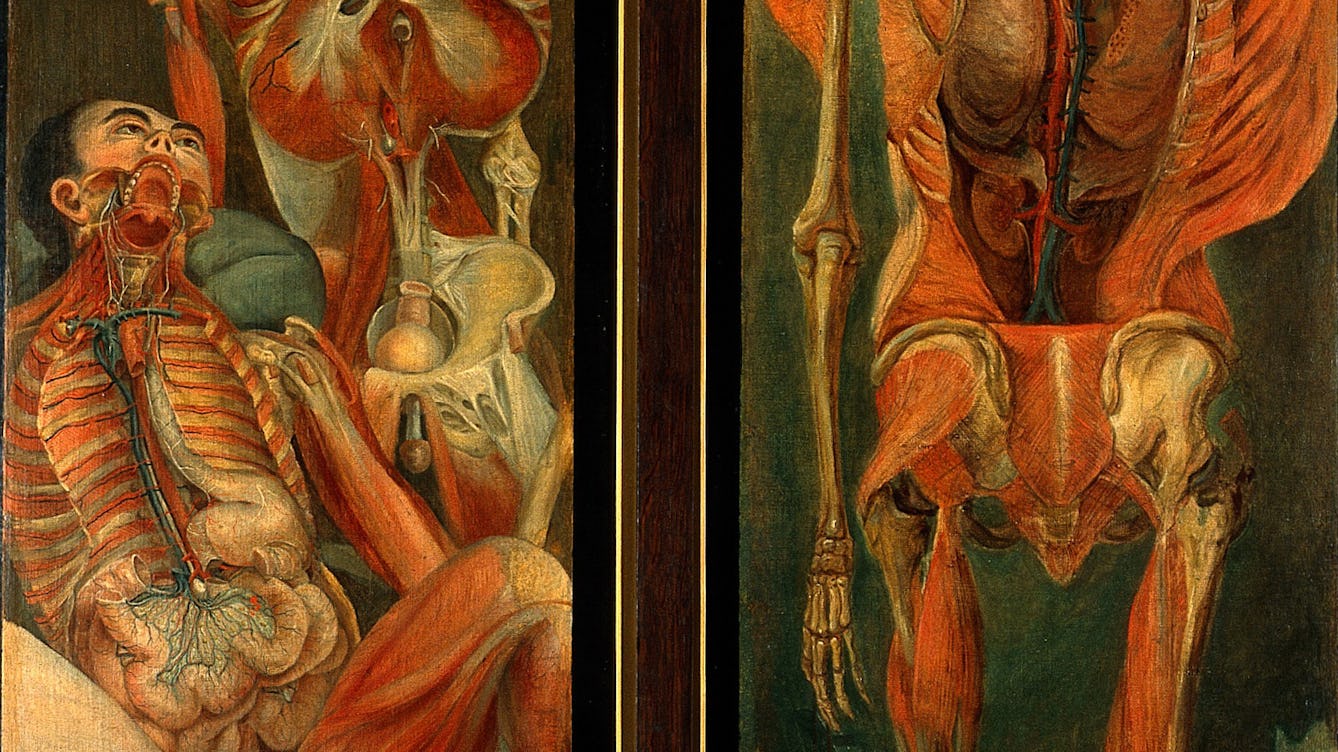
- Article
- Article
Getting under the skin
Before the invention of X-ray in 1895 there was really only one way to accurately study the human body, and that was to cut it open.

- Article
- Article
Guerrilla public health
From safe-use guides to needle exchange schemes, Harry Shapiro reflects on 40 years of drug harm reduction in the UK.

- Article
- Article
What is structural violence?
Structural violence is seemingly invisible. But its tentacles have invaded every part of many people’s lives, thoughts, experiences and expectations, shaping them in ways they don’t even realise.

- Book extract
- Book extract
Permission to recover
When it comes to illness, sometimes the end is just the beginning. Gavin Francis argues why being given permission to recover is so important.

- Article
- Article
Going viral in the online anti-vaccine wars
‘Anti-vaxxers’ are taking their message online using powerful images as well as words. But is the pro campaigners’ response any better?

- Article
- Article
Sick of being lonely
When his relationship ended, Thom James first withdrew from the world, then began to suffer from illnesses with no apparent physical cause.

- Article
- Article
A symbol of a lost homeland
The story of one protective amulet from Palestine reveals a complex tale. Encompassing the personal history of an influential doctor and collector, it provides a window onto dispossession and exile, and the painful repercussions that are still felt today.
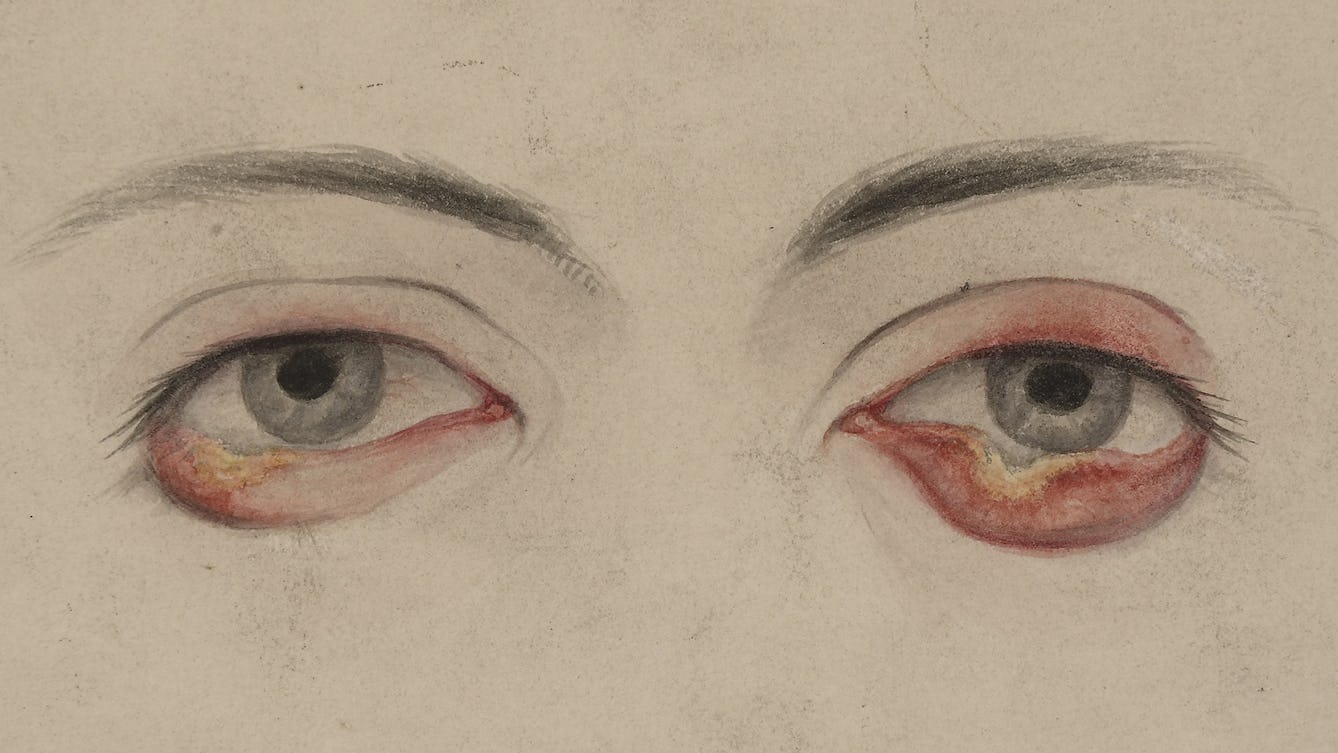
- Article
- Article
The prostitute whose pox inspired feminists
Fitzrovia, 1875. A woman recorded only as A.G. enters hospital and is diagnosed with syphilis.

- Interview
- Interview
Inside the mind of Ayurvedic Man’s curator, Bárbara Rodriguez Muñoz
The choices a curator makes – what goes in? what stays out? why? – are often as fascinating as the exhibition itself.
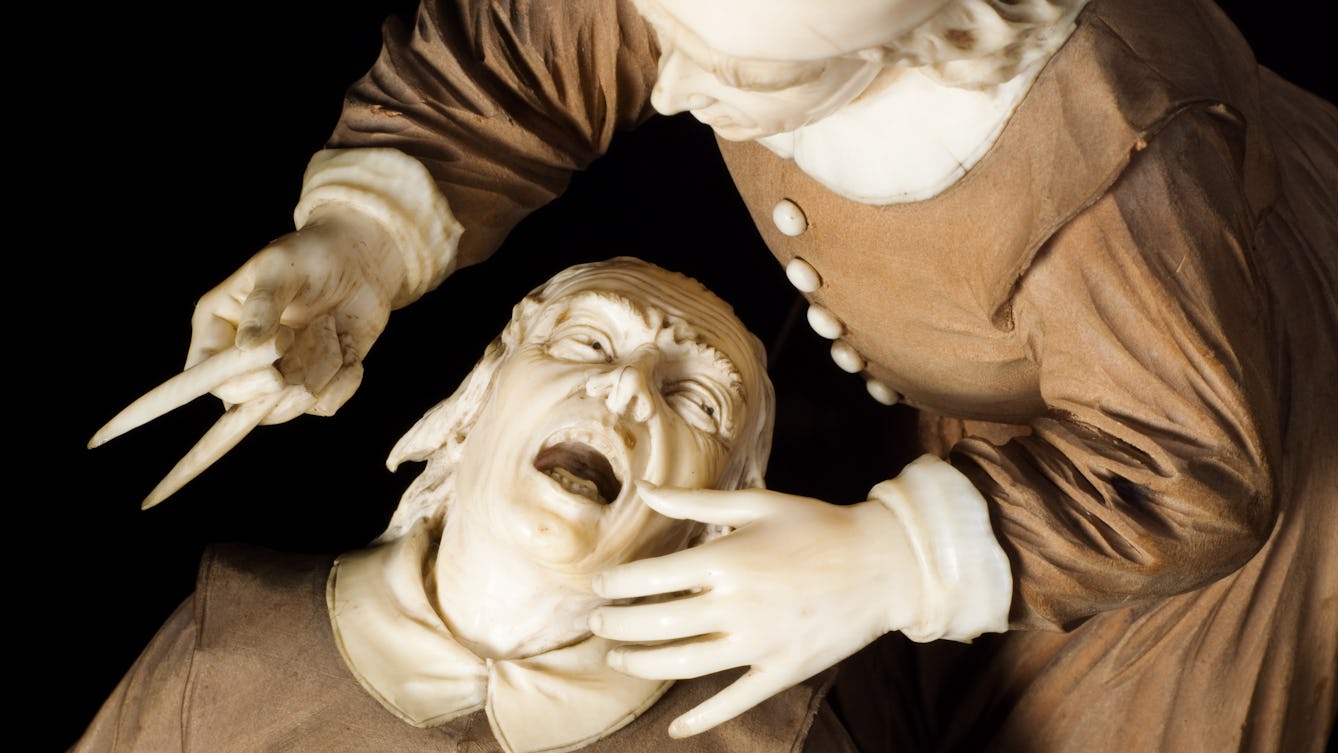
- Book extract
- Book extract
You know the drill
Richard Barnett opens wide the true meaning of a healthy mouth.

- Article
- Article
Would you like to buy a unicorn?
The story behind why somebody tried to sell Henry Wellcome a unicorn head in 1928.

- Article
- Article
The birth of the public museum
The first public museums evolved from wealthy collectors’ cabinets of curiosities and were quickly recognised as useful vehicles for culture.